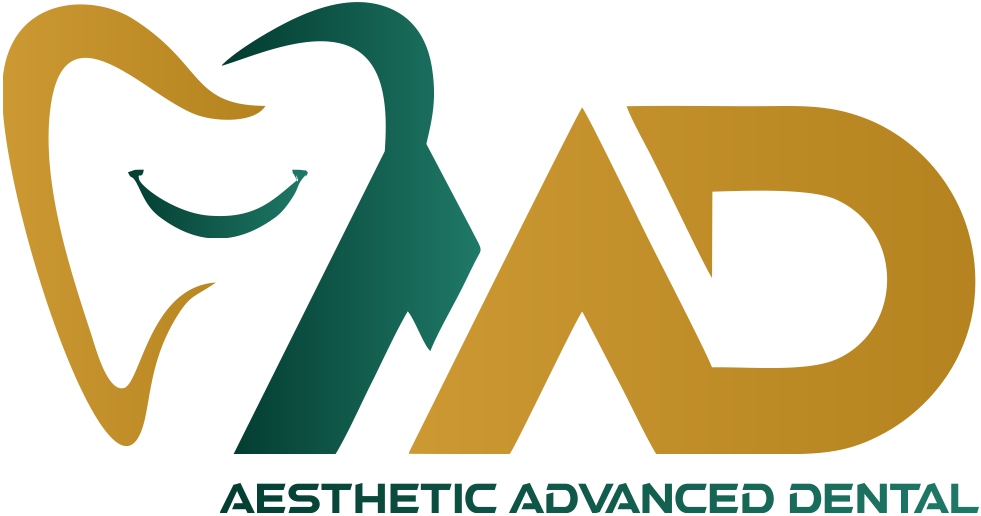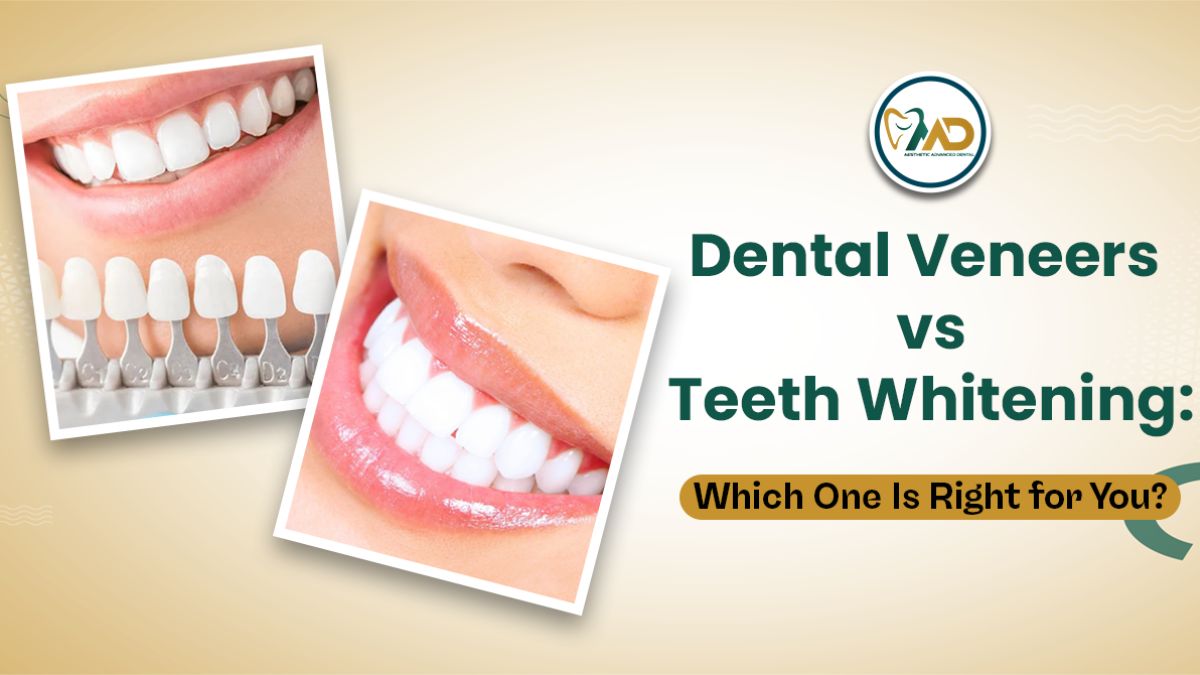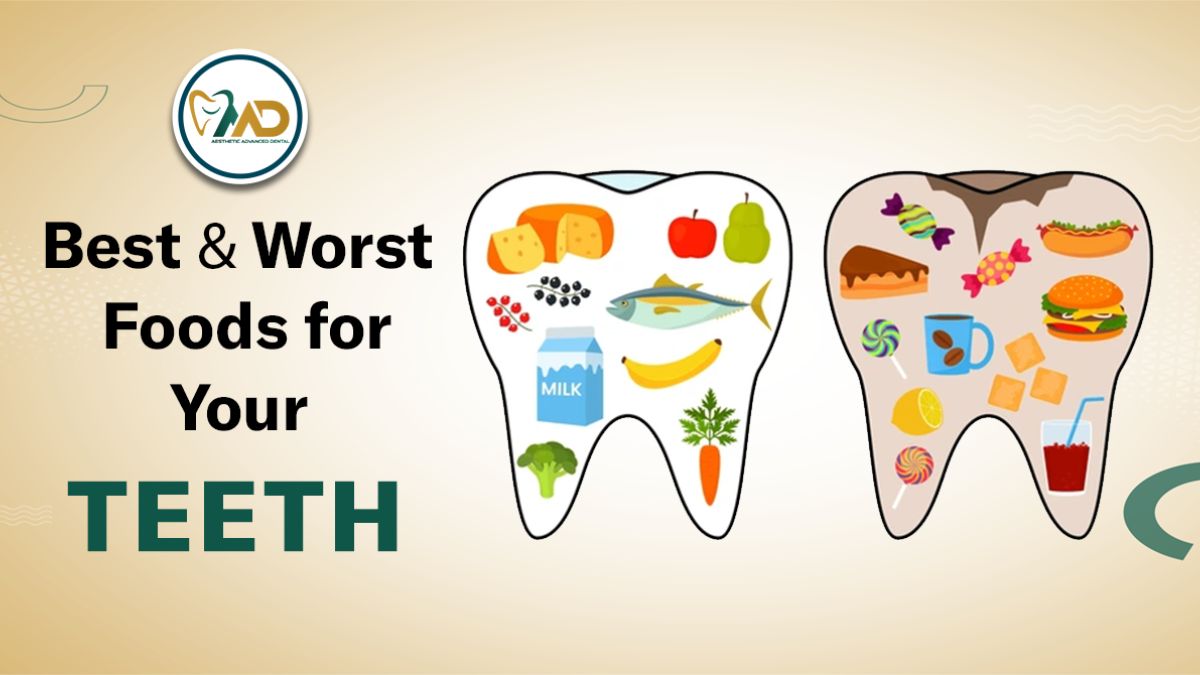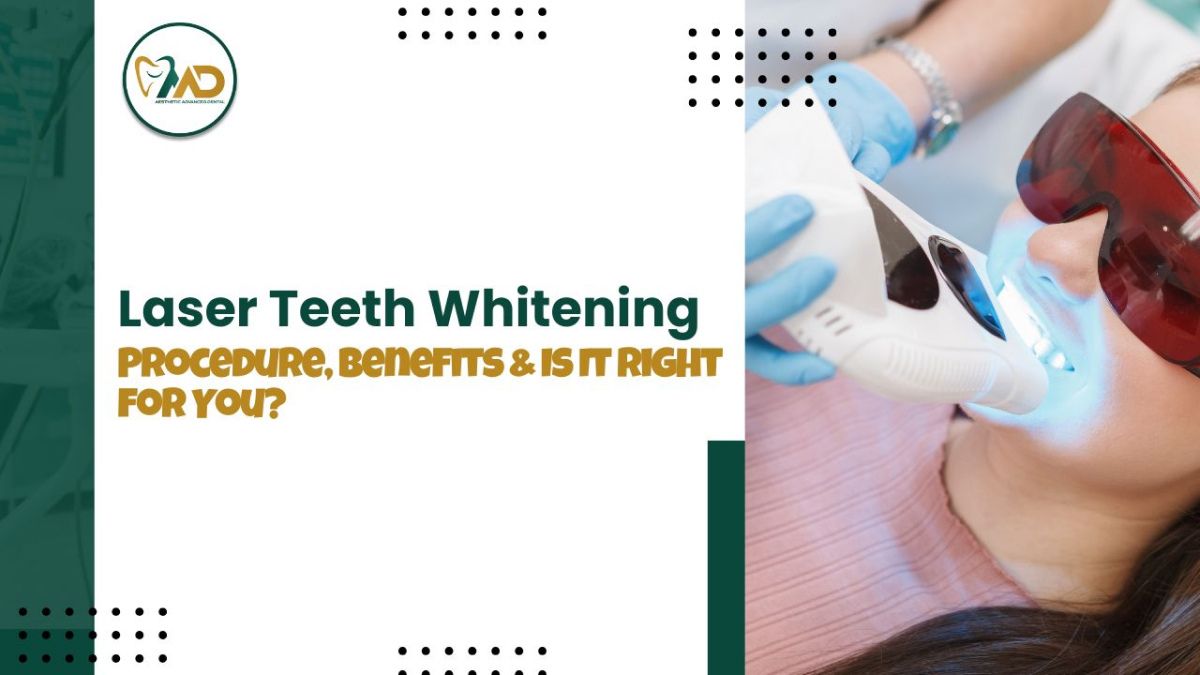A toothache can unsettle your day, making it hard to focus on anything else. Whether it’s a dull ache or sharp, throbbing pain, toothache pain can affect anyone at any time. Understanding the causes, remedies, and knowing when to visit a dentist can help you manage the discomfort effectively. Let’s dive into the details.
What Causes Toothache Pain?
There are many reasons for toothache. The most common ones are:
- Tooth Decay (Cavities)
When bacteria break down the enamel on your teeth, it can lead to cavities, exposing the inner layers of the tooth. This often causes sensitivity and pain. - Gum Disease (Gingivitis or Periodontitis)
Inflamed or infected gums can result in pain around the teeth. Advanced gum disease can even lead to tooth loss if untreated. - Tooth Abscess
An abscess is a pocket of pus caused by a bacterial infection, often leading to intense tooth pain. - Teeth Grinding (Bruxism)
Habitual teeth grinding can wear down enamel, leading to pain and sensitivity. - Cracked or Broken Teeth
A fracture in a tooth may not always be visible but can cause sharp pain, especially when chewing. - Impacted Wisdom Teeth
Wisdom teeth that don’t have enough room to grow can push against other teeth, leading to discomfort.
Home Remedies for Toothache Pain Relief

While it’s important to address the root cause of the problem, some home remedies can help ease toothache pain temporarily:
- Saltwater Rinse
Rinsing with warm salt water can ease swelling and kill germs. Just mix half a teaspoon of salt in a glass of warm water and swish it in your mouth for 30 seconds. - Cold Compress
Place a cold compress on your cheek near the sore spot. It can help reduce swelling and ease the pain. - Clove Oil
Clove oil has natural antibacterial and pain-relieving properties. Dab a small amount onto a cotton ball and gently apply it to the affected tooth. - Over-the-Counter Pain Relievers
Medications like ibuprofen or acetaminophen can help manage mild to moderate tooth pain. Always follow the dosage instructions. - Garlic Paste
Garlic contains allicin, which has antibacterial properties. Crushing a clove of garlic into a paste and applying it to the sore tooth can provide some relief.
When to See a Dentist
Home remedies may give short-term relief, but it’s important to see a dentist if:
- The tooth pain lasts for more than two days.
- You experience severe pain that doesn’t improve with medication.
- There’s swelling in your gums or face.
- You notice signs of infection, such as fever, foul taste, or discharge.
- Your tooth becomes sensitive to hot, cold, or sweet foods.
Ignoring persistent toothache pain can lead to more serious dental issues, such as infections or tooth loss.
How to Prevent Toothache Pain
Preventing toothache pain starts with good oral hygiene practices. There are a few tips you can consider to keep your teeth and gums healthy:
- Brush and Floss Daily
Brush your teeth two times in a day with fluoride toothpaste and floss at least once to remove food particles and plaque which is stuck in your teeth. - Regular Dental Checkups
Make sure to visit your dentist every six months for a professional cleaning and checkup. Early detection of dental problems can save you from future discomfort. - Limit Sugary Foods and Drinks
Sugar feeds harmful bacteria in your mouth, increasing the risk of cavities and gum disease. - Wear a Mouthguard
If you grind your teeth at night, use a custom mouthguard to protect your enamel. - Stay Hydrated
Drinking lots of water helps clean food and bacteria from your mouth, keeping it healthy.
Final Thoughts
Toothaches can be a real problem, but with the right care and prevention, you can protect your oral health and avoid the discomfort of toothache pain. Remember, while home remedies can provide temporary relief, they’re no substitute for professional dental care. If you’re experiencing persistent pain, don’t hesitate to book an appointment with your dentist.






